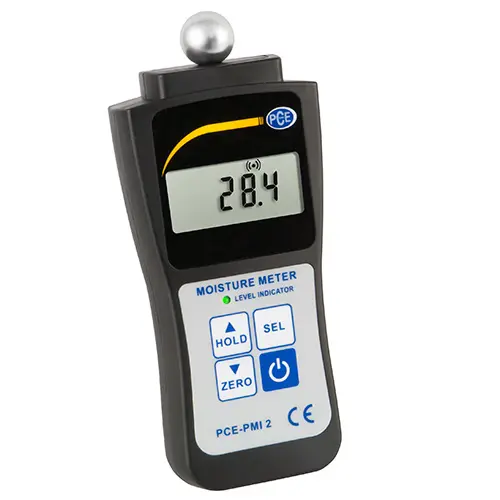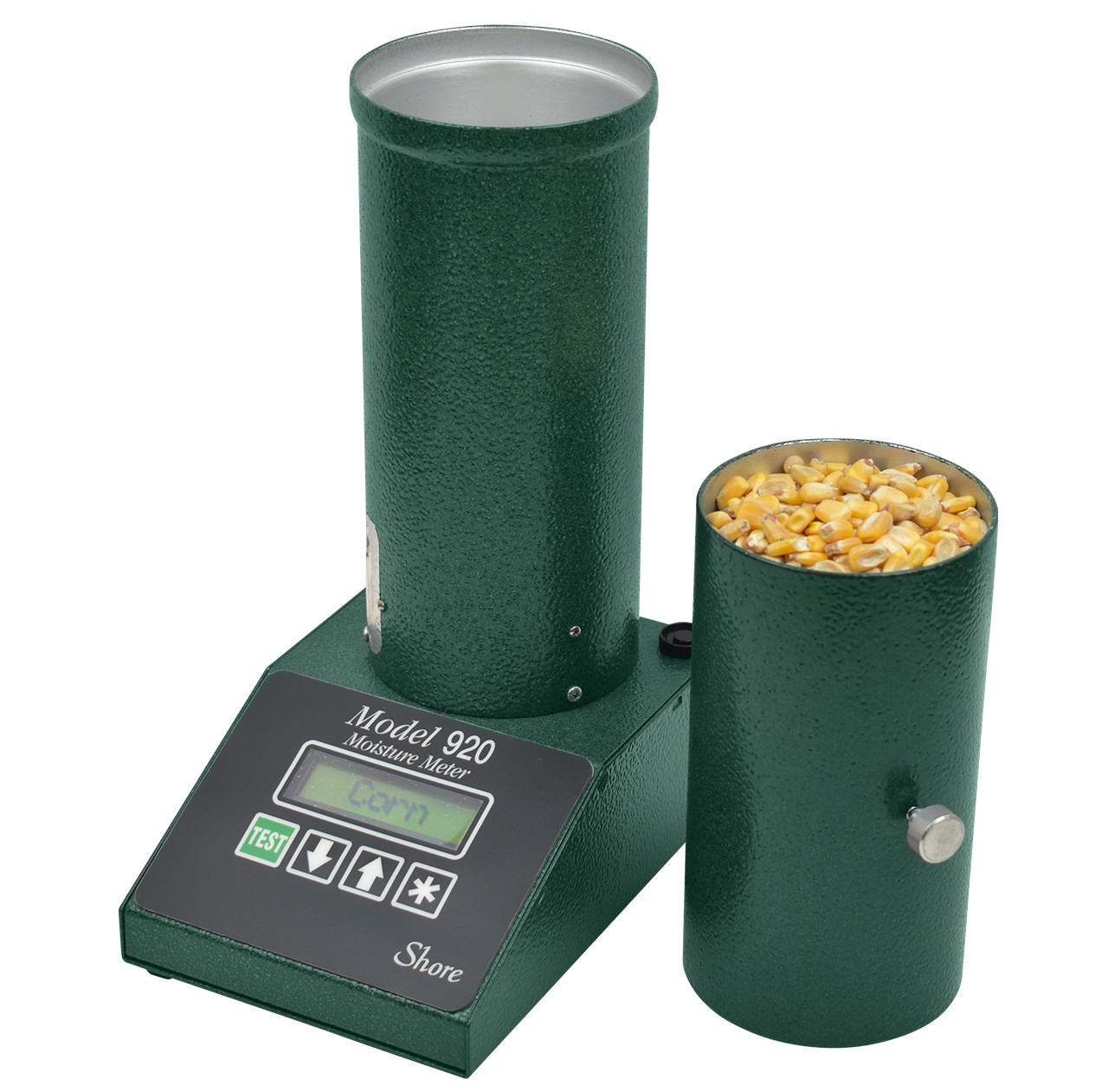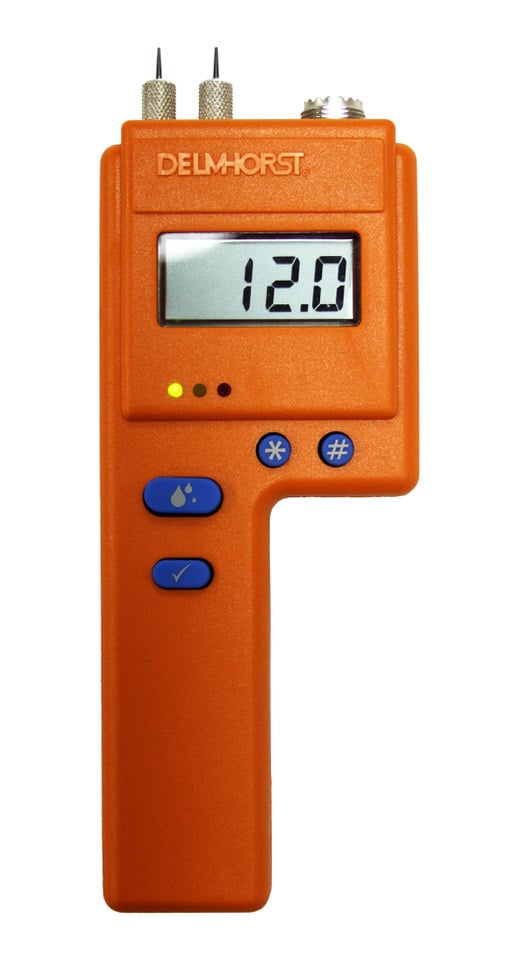How to Make Use Of a Moisture Meter to Detect Hidden Water Damages in Your Residential property
How to Make Use Of a Moisture Meter to Detect Hidden Water Damages in Your Residential property
Blog Article
The Ultimate Guide to Moisture Meters: A Comprehensive Review and Just How They Can Conserve You Money
In the world of structure maintenance, building, and numerous markets, the value of precisely gauging wetness degrees can not be overstated. Wetness meters function as indispensable tools in identifying and monitoring moisture web content in materials, assisting in stopping expensive problems and guaranteeing the top quality of products. Comprehending the subtleties of various kinds of wetness meters, their applications, and the potential cost-saving benefits they offer can be a game-changer for services and professionals alike. Finding exactly how these tools can not just streamline processes yet likewise add to economic savings is a journey worth starting.
Types of Moisture Meters
Numerous kinds of dampness meters are offered for various applications in different markets. One typical kind is the pin-type dampness meter, which determines the electric resistance between 2 pins put right into a material. This kind is suitable for timber, drywall, and various other structure materials. Pinless dampness meters, on the other hand, use electromagnetic sensor plates to scan a larger area without creating damage to the product's surface. These meters are perfect for rapidly analyzing wetness levels in big locations such as floorings and walls.
Moreover, there are also specialty dampness meters designed for details products like grain, dirt, or hay. These meters supply accurate wetness analyses customized to the one-of-a-kind homes of the product being checked. Infrared wetness meters determine the thermal properties of a product to identify its dampness material non-invasively, making them helpful for applications where pin or pinless meters may not appropriate. Understanding the different kinds of dampness meters available can aid sectors pick the most appropriate device for their details wetness dimension demands.

Benefits of Making Use Of Moisture Meters

Moreover, using moisture meters can cause raised power effectiveness. By recognizing locations with high moisture degrees, such as leakages or bad insulation, changes can be made to boost power conservation and lower energy costs. In farming settings, wetness meters play a vital duty in enhancing crop returns by enabling farmers to keep track of dirt moisture degrees and make informed irrigation choices. Generally, the benefits of making use of moisture meters extend throughout different sectors, offering economical remedies and promoting far better quality control practices.
How to Pick the Right Moisture Meter
Picking the suitable moisture meter includes taking into consideration vital this elements such as material compatibility, dimension variety, and calibration precision. When picking a wetness meter, it's vital to make sure that the meter is suitable for the details product you will certainly be testing. Various products have differing electric residential or commercial properties that can impact wetness readings, so picking a meter developed for your material is important for precise outcomes. In addition, consider the measurement series of the dampness meter. Ensure that the meter can discover dampness degrees within the range required for your applications. Calibration precision is another crucial factor to keep in mind (Moisture Meter). Choose a wetness meter with trustworthy calibration to ensure consistent and specific readings. Some meters might require periodic calibration adjustments, so recognizing the calibration procedure is essential. By very carefully assessing these variables, you can choose a moisture meter that satisfies your needs and gives accurate moisture dimensions for your jobs.
Appropriate Methods for Moisture Meter Use
To ensure accurate moisture analyses and make the most of the performance of a dampness meter, utilizing proper methods is essential. When using a pin-type moisture meter, put the pins or probes right into the product being checked until they make like this complete call. Make certain the pins are perpendicular to the surface area to obtain the most exact reading. For pinless moisture meters, hold the device level against the product and relocate gradually to cover the whole area for a typical analysis. It's crucial to calibrate the wetness meter according to the product being checked to enhance accuracy. Take several analyses throughout the surface and ordinary them out for a much more reputable outcome. Furthermore, make sure that the product being examined is accommodated to the setting to stop manipulated readings. Normal maintenance of the wetness meter, such as cleaning up the pins or sensor, is additionally crucial to make certain consistent and accurate analyses. By complying with these correct strategies, users can depend on their wetness meter to supply credible moisture levels, helping go to this website in protecting against costly damages or making sure top quality in numerous applications.

Price Cost Savings With Moisture Meter Applications
Exactly how can the critical utilization of moisture meters lead to substantial cost savings throughout numerous sectors? In the agriculture industry, wetness meters help in identifying the ideal time for gathering crops, avoiding over-drying or excess wetness that can influence the last item's top quality.

Moreover, in the food handling sector, moisture meters are important for keeping an eye on item top quality and making certain conformity with safety and security laws. By accurately measuring moisture content in food, producers can avoid putridity, preserve freshness, and decrease waste, resulting in significant cost financial savings. On the whole, the critical application of dampness meters is a beneficial financial investment that can cause substantial cost reductions and boosted performance throughout various industries.
Verdict
In conclusion, dampness meters are important devices for measuring and finding moisture degrees in numerous materials. By utilizing the appropriate moisture meter and complying with correct techniques, individuals can properly avoid expensive problems triggered by excess wetness.
Dampness meters serve as essential tools in identifying and keeping track of moisture web content in materials, aiding in stopping pricey damages and guaranteeing the top quality of items. Infrared moisture meters determine the thermal residential or commercial properties of a material to identify its dampness material non-invasively, making them helpful for applications where pin or pinless meters might not be ideal.Dampness meters offer indispensable benefits in precisely keeping track of and assessing dampness degrees in varied products and settings. In farming setups, wetness meters play a vital function in enhancing crop yields by allowing farmers to keep track of soil moisture levels and make informed watering choices.In verdict, moisture meters are valuable tools for gauging and identifying dampness degrees in different products.
Report this page